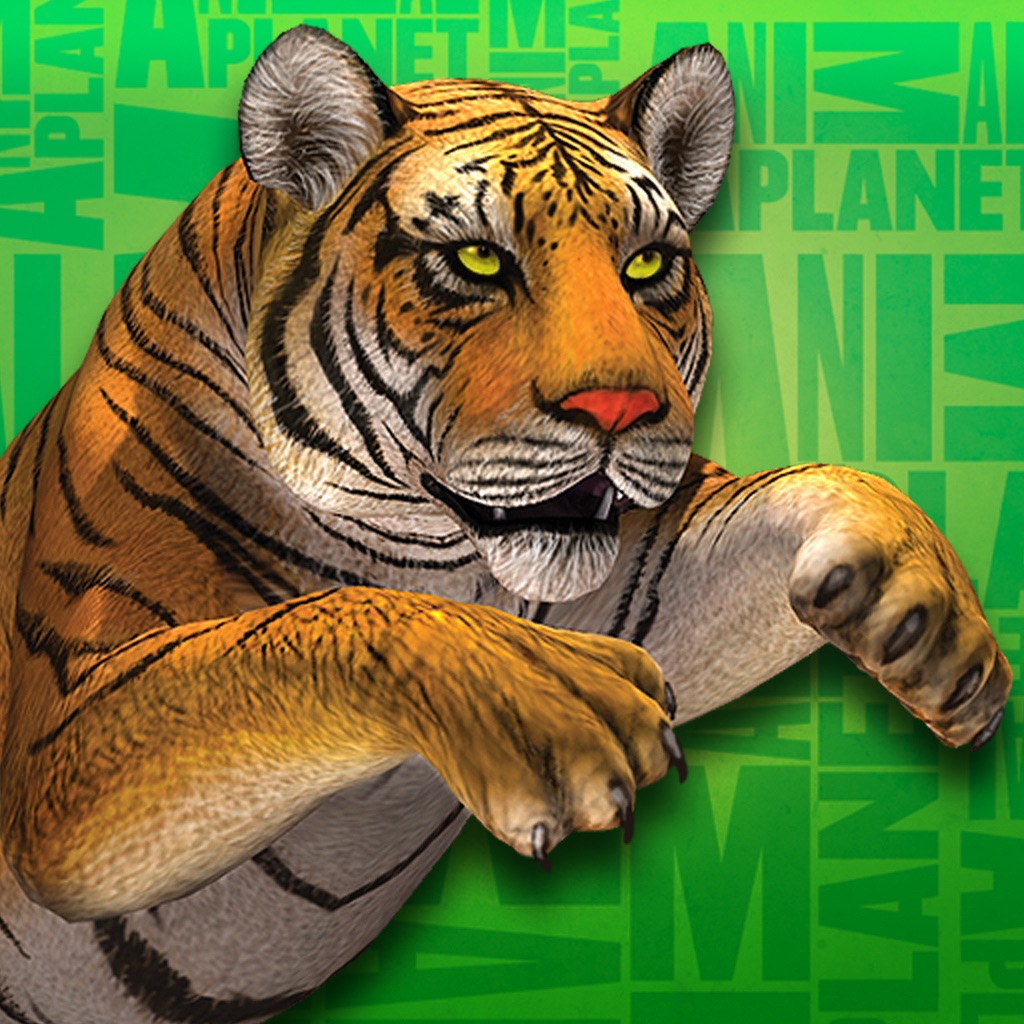
I was worried that she was trapping cats to send them off to die in a pound, so I wanted to explain to her that around here, they’re numerous and tribal, but soundless and friendly, and they probably kill a lot of rats at night, especially around the Morris-Jumel Mansion between 162nd and 160 th (the oldest residence in Manhattan, right next door to 555 Edgecombe, where Joe Louis, Duke Ellington, and Count Basie lived in the 1930s). But still.Īll this by way of introduction to Sheila, whom I met on 162 nd Street today, between Amsterdam and Edgecombe, where she was trapping feral cats in those big rectangular cages meant for larger wild animals, with all their metal compartments they looked like land-locked lobster traps. What drives us, we ask, what makes us do crazy, loving, and hateful things that can’t be self-interested? It is of course a trick question when you ask it of sentient beings who can’t give you the correct answer because they’re speechless, because they’re silently driven by instinct. We let the animals stand in for us because we want to know why they stick around even under difficult circumstances, when it’s stupid to stay. Passion has plenty of ugly manifestations, all of them properly grouped under the heading of the irrational. Passion, especially but not only the sexual kind, is peculiarly human, I want to say it is what makes us human, because it crosses the mind/body divide and engages every part of out being.īut still.


In the most basic physical gestures and rituals, among them sexual intercourse between human beings, each of us is living up to expectations that are derived from our culture-from the roles we’re supposed to play, the roles we want to play-rather than acting on mere bodily urges determined by the reproductive season.
#Animal planet parasite game plus#
OK, we’re not just bodies plus big brains. There is that old cultural integument that Ferenzci, Freud, Durkheim, Mauss, and others-whew, you thought this list was going to get longer-invited us to consider, on the assumption that if we’re mere animals, why do we fear death long before it’s imminent, why do we commemorate the dead, why do try so desperately to make this life, in this body, durable and memorable, through every available artifice? How is it that we erect entire structures in our heads before even trying to build them? To put it more politely, Chemistry and Biology explain all that we need to know, so why shouldn’t we identify with the animals in our midst? There’s a gene that explains every quirk of your behavior, there’s a part of your brain that lights up whatever you do, there’s a rousing new discipline called evolutionary psychology-it’s a cousin or a stepchild of sociobiology-that explains how everything you think preserves your species, except when it doesn’t. Well, we’ve had a lot of encouragement of late from Big Science. Why do we write our histories in this way, what makes us think the animals stand in for us? The history of my family is written in its ownership and-what?-enjoyment of Weimaraners, so I don’t worry that the dogs seem to outnumber the people in my part of the world, I just wonder why. Big dogs up here in Wash Heights, retrievers, ridgebacks, family-size mutts, and of course the carving-block pit bulls cornered on the elevator by their owners, saying “He’s friendly!” Small dogs, too, the Dominicans like Chihuahuas and small poodles, but the itsy-bitsy types congregate on the Upper East Side, in Chelsea, and in the Village, where quarters are more cramped, rents are higher, and the landlord is more attentive.

/https://tf-cmsv2-smithsonianmag-media.s3.amazonaws.com/filer/c1/56/c15696c2-6060-4b56-ad24-aae6429fafb2/schistosoma_20041-300.jpg)
At least half the people in my building own a dog, the rest of them have two plus a cat. It’s animal planet regardless of the neighborhood.Īt first I thought it was just my part of Manhattan. What is it with all the animals? This city is teeming with them, and I’m not talking squirrels and bunnies and the occasional possum, no, I mean the domesticated animals in New York, they’re everywhere you look.


 0 kommentar(er)
0 kommentar(er)
